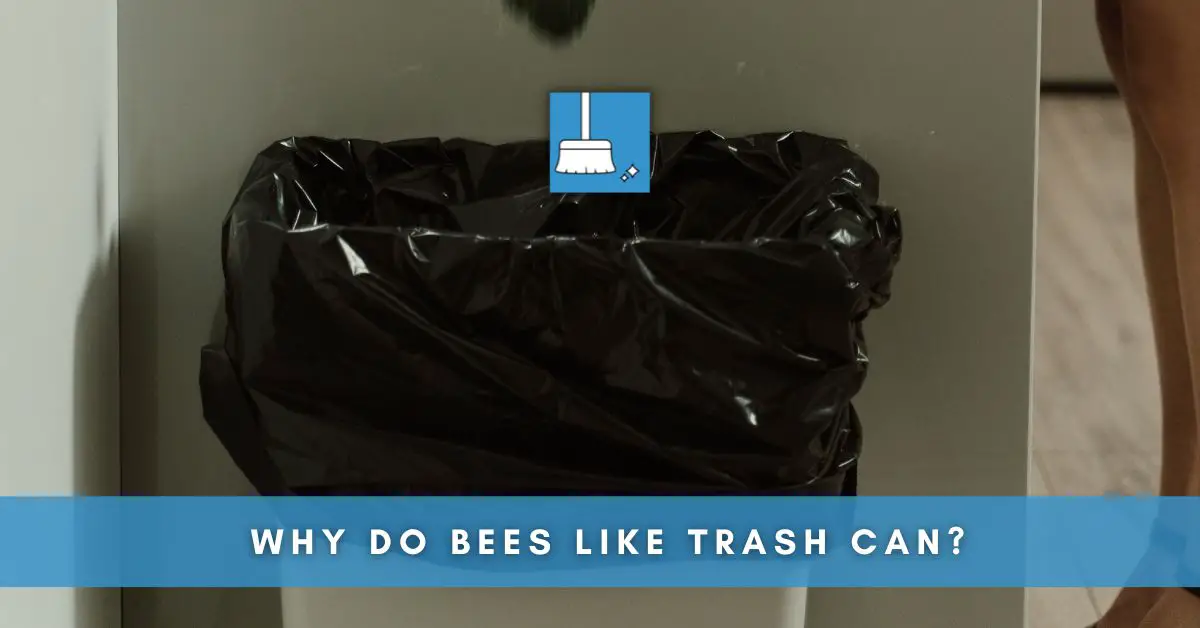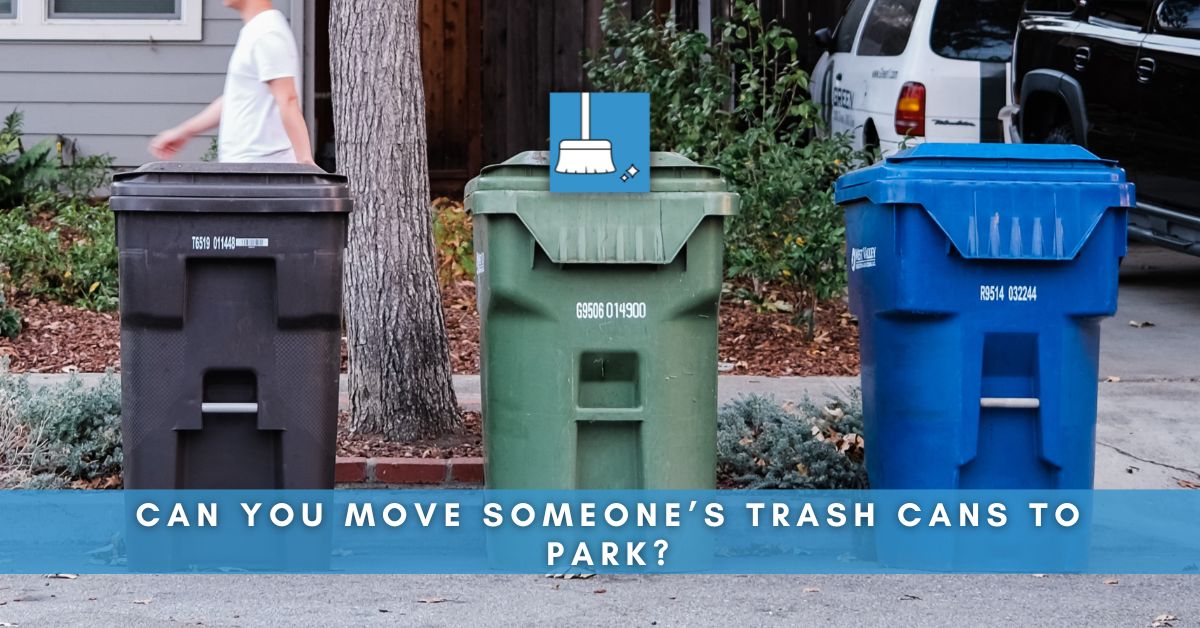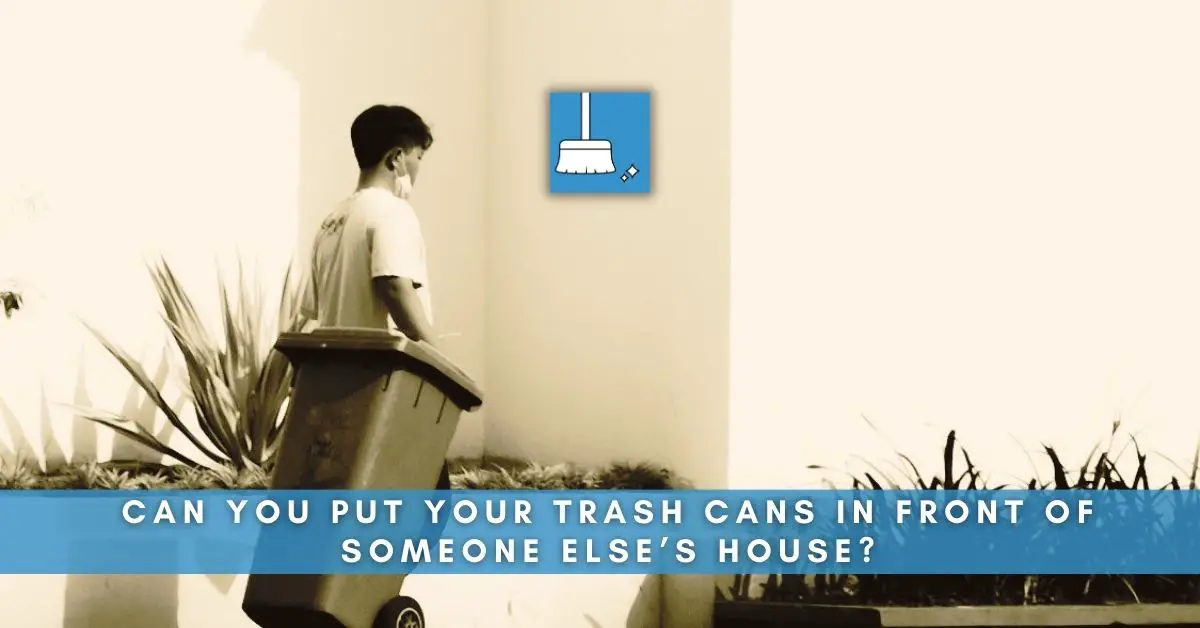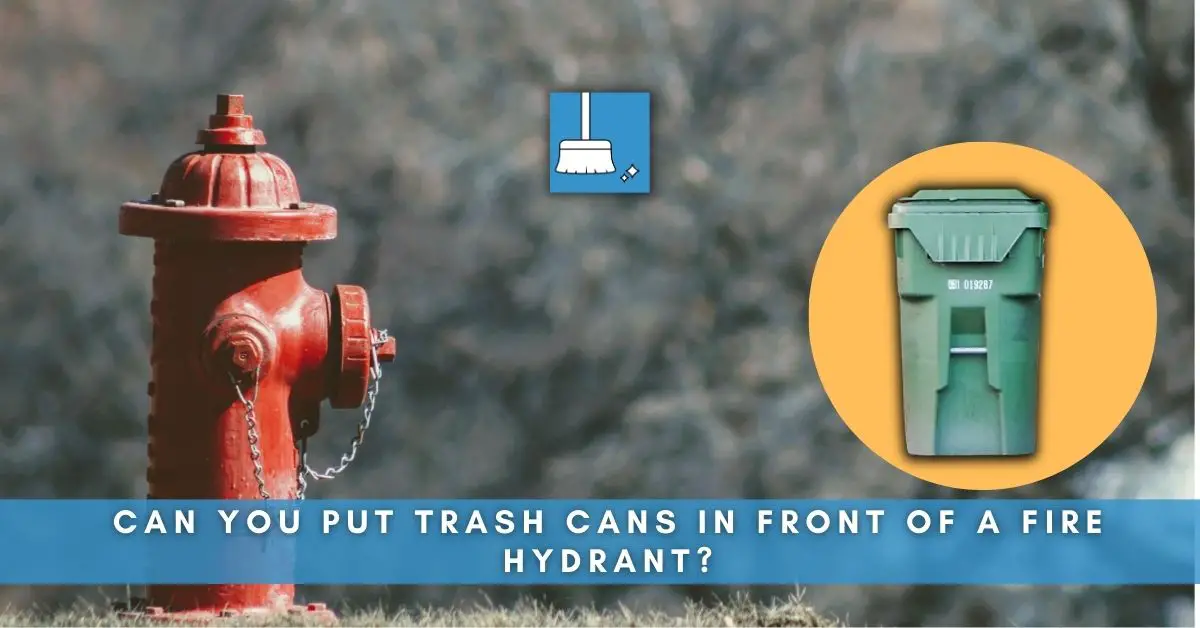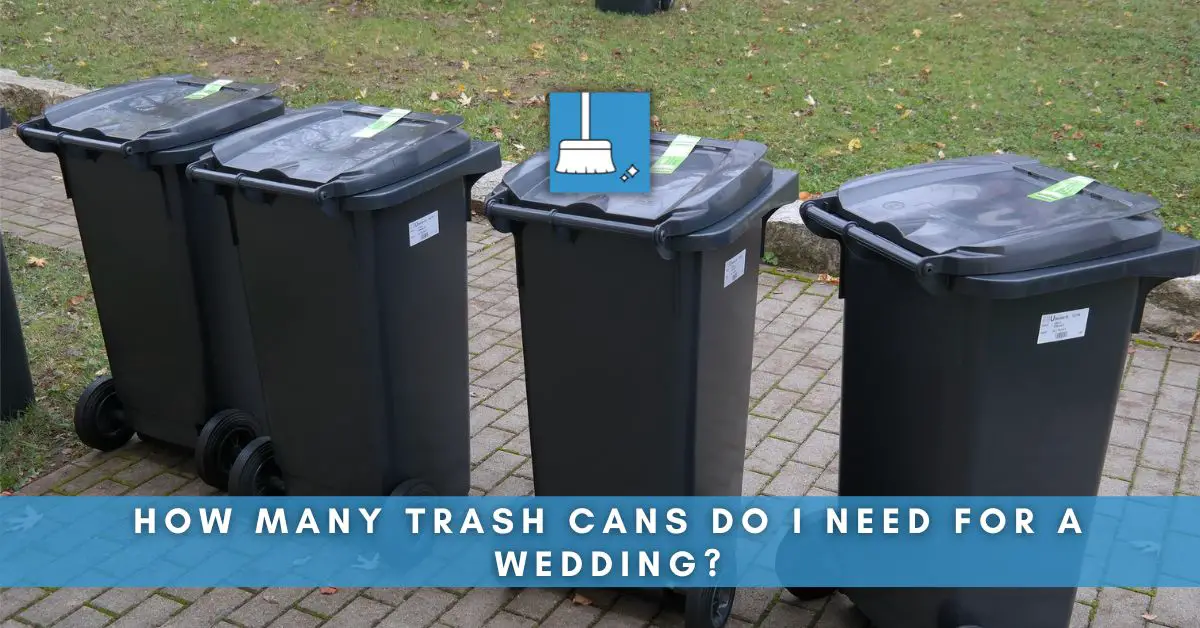We often associate bees with the fragrant beauty of blooming flowers, not the odor of discarded waste. Yet, time and time again, we find these little buzzers hovering around our refuse bins, as if there’s a secret treasure hidden among the garbage.
Honey bees attracted to sweet substances in trash cans
Honey bees are often attracted to trash cans due to their fondness for sweet substances, such as soda, candy, and ice cream.
During the summer and early fall months, their natural food sources, like flowers, may decline, leading these bees to seek alternative sources of nutrition.
This practice helps sustain the colonies when there is a shortage of nectar-producing flowers, which is a common occurrence due to high temperatures and lack of rainfall.
Public trash cans tend to be a goldmine for bees, as people frequently throw away open containers and partially consumed sweet treats (such as candy bars), ice cream, and candy wrappers.
While the bees’ swarming may cause alarm or discomfort for some, it is important to remember that they are mostly harmless if unprovoked. [1]
Summer dearth leads to bees searching for new sources of nutrition
During the summer dearth, a period when nectar-producing plants are scarce, honey bees are often forced to search for alternative sources of nutrition.
This shortage can be caused by high temperatures or a lack of rainfall.
Bees may begin visiting plants that they previously had no interest in or become attracted to trash cans containing half-drunk sodas.
The high fructose corn syrup in the sodas is a sugar substitute that bees find irresistible. [2]
Bees can become agitated & pose a threat to those who are allergic
Bees, especially honey bees, are known to become agitated under certain conditions, such as queenlessness, nectar shortages, and when their hives are under threat.
In these situations, bees can become more aggressive and defensive, which poses a risk to people nearby, particularly those who are allergic to bee stings.
In addition to these factors, bees are also attracted to garbage cans and compost areas, where they often come into contact with human activity.
Agitated bees can be dangerous due to their potential to cause severe allergic reactions in some individuals.
As a precaution, it is advisable for people to keep their distance from bees and avoid disturbing their hives or garbage cans where they may be foraging.
Calling a professional to relocate bee hives and keeping trash secured can minimize the risk of unpleasant encounters with agitated bees. [3]
Ways to Keep Bees Away
Some people may attempt to rid the area of bees by spraying them with insecticides. But there are better ways to tackle this problem:
1- To help keep bees away from trash cans and areas frequented by people, it is advised to rinse out and properly dispose of any containers with sweet liquids.
By doing this, the remnants of sweet soda are wiped out, making the container uninteresting to bees. This is especially important during the summer dearth when honey bees struggle to find natural nectar sources.
Rinsing containers does not only save the bees, but also helps decrease the concentration of bees in one area, making it safer for people.
2- It is essential to be more mindful when disposing of sugary beverages. Rinsing cans or bottles before placing them in trash cans, or pouring any remaining liquid on grass rather than concrete, can help prevent bees from being attracted to potentially dangerous man-made sources of sugar.
Colder weather can naturally decrease bee populations around trash cans
As the temperatures begin to drop, the bee population will naturally decrease, leading to fewer bees buzzing around trash cans.
In colder weather, bees are less active and many will die, providing a safer environment for people who might not appreciate their presence.
This seasonal change not only affects the bees but also the plants, since fewer blooming flowers will be available for the bees to feast on.
Therefore, this transient issue is often resolved as winter approaches, giving people and nature the much-needed break from one another. [4]

